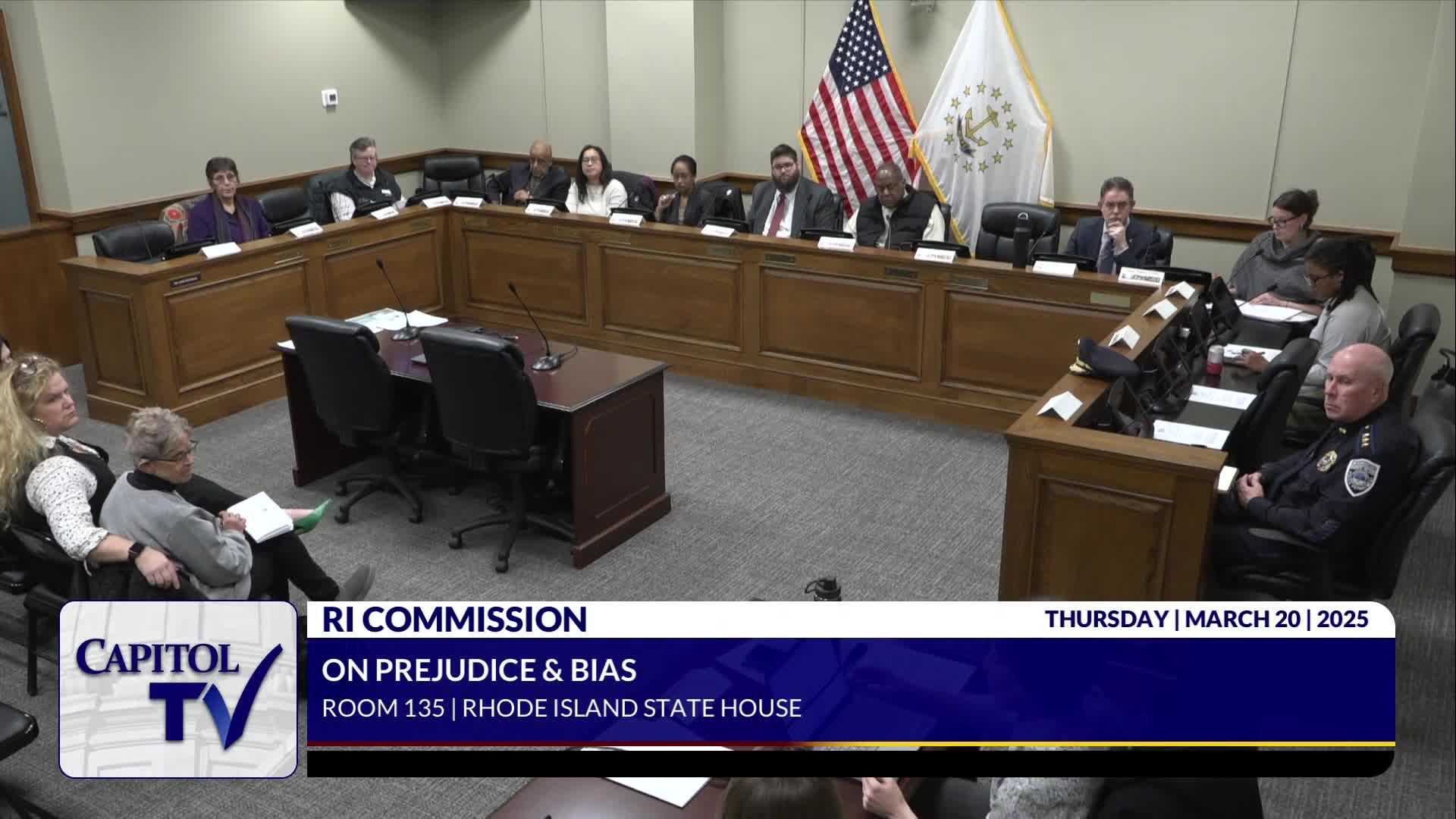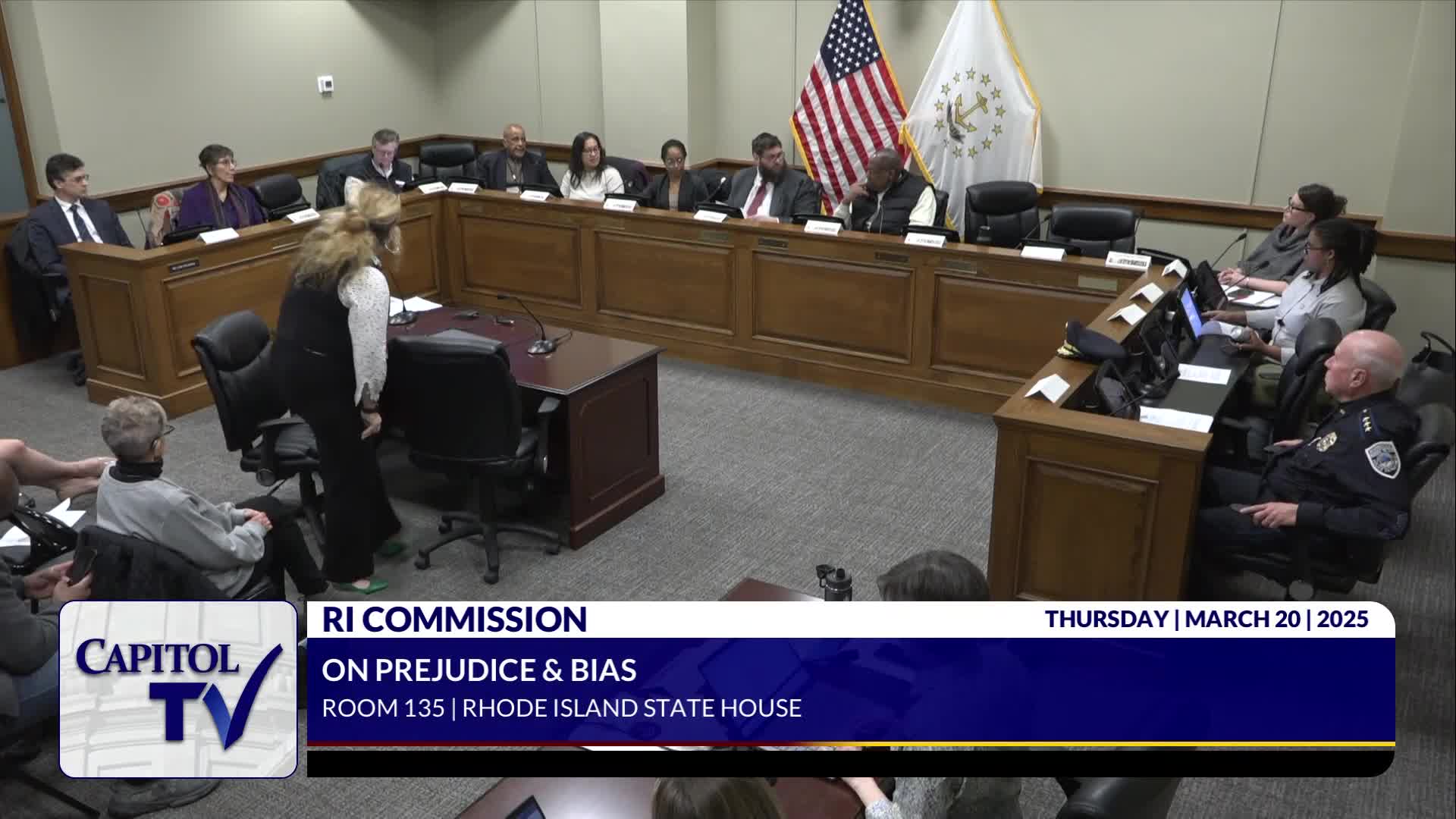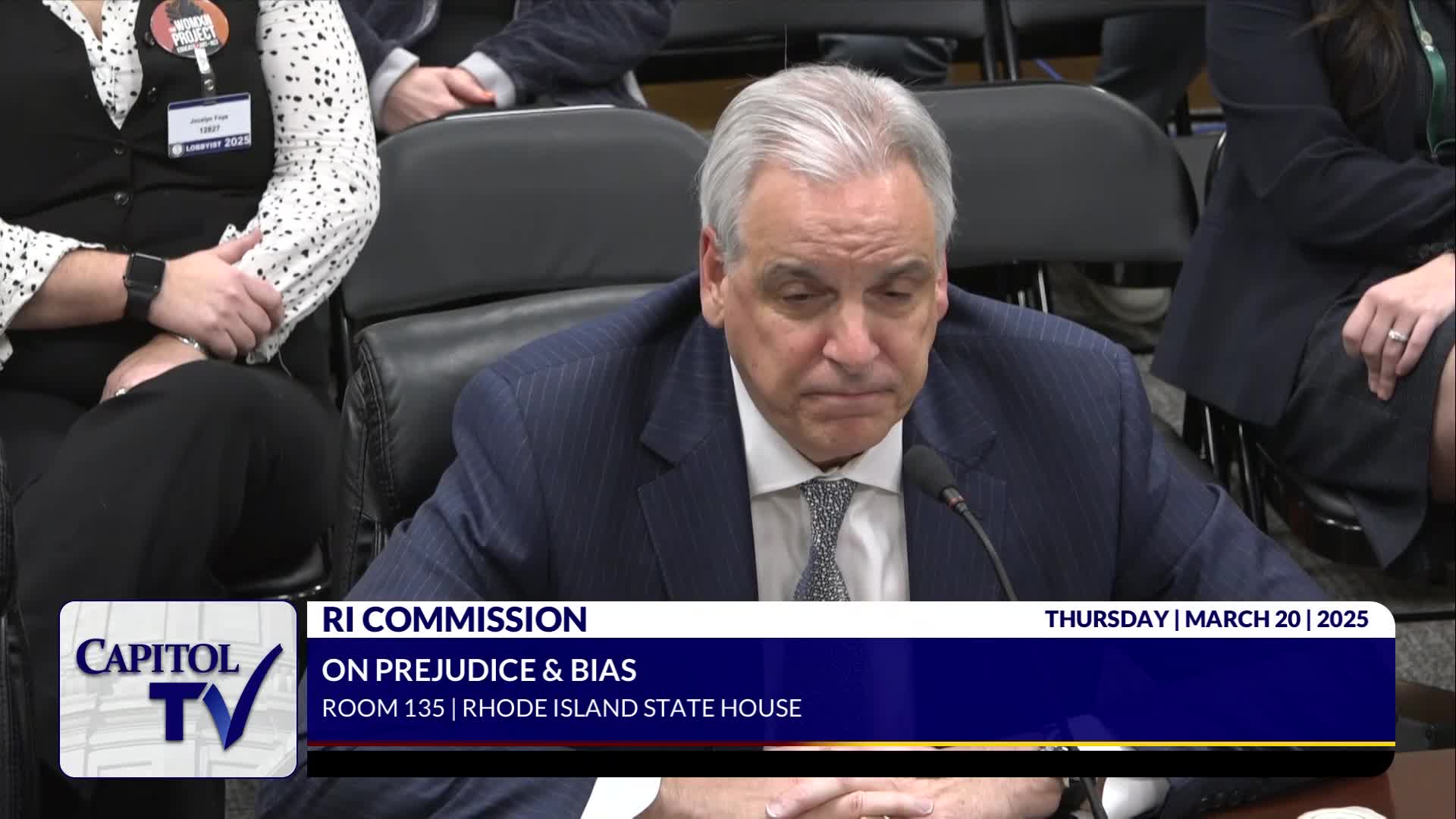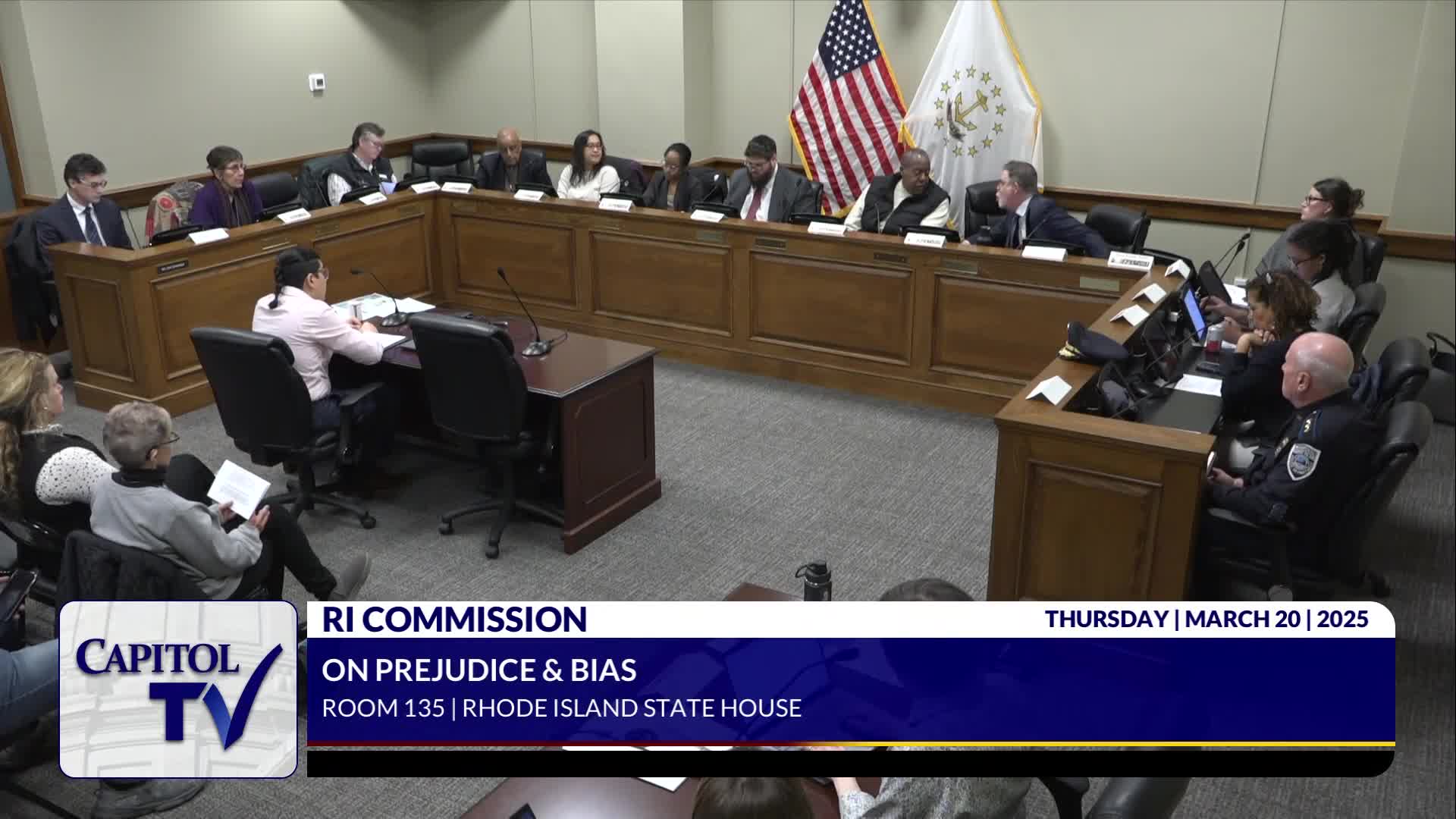Article not found
This article is no longer available. But don't worry—we've gathered other articles that discuss the same topic.

Commission coordinator reports grant applications, training events and recent bias incidents

Commission approves $100,000 funding request, backs two immigration-related bills and three policy resolutions

Woman Project warns of organized anti-LGBTQ and school-policy campaigns; commission approves joint resolution letter

